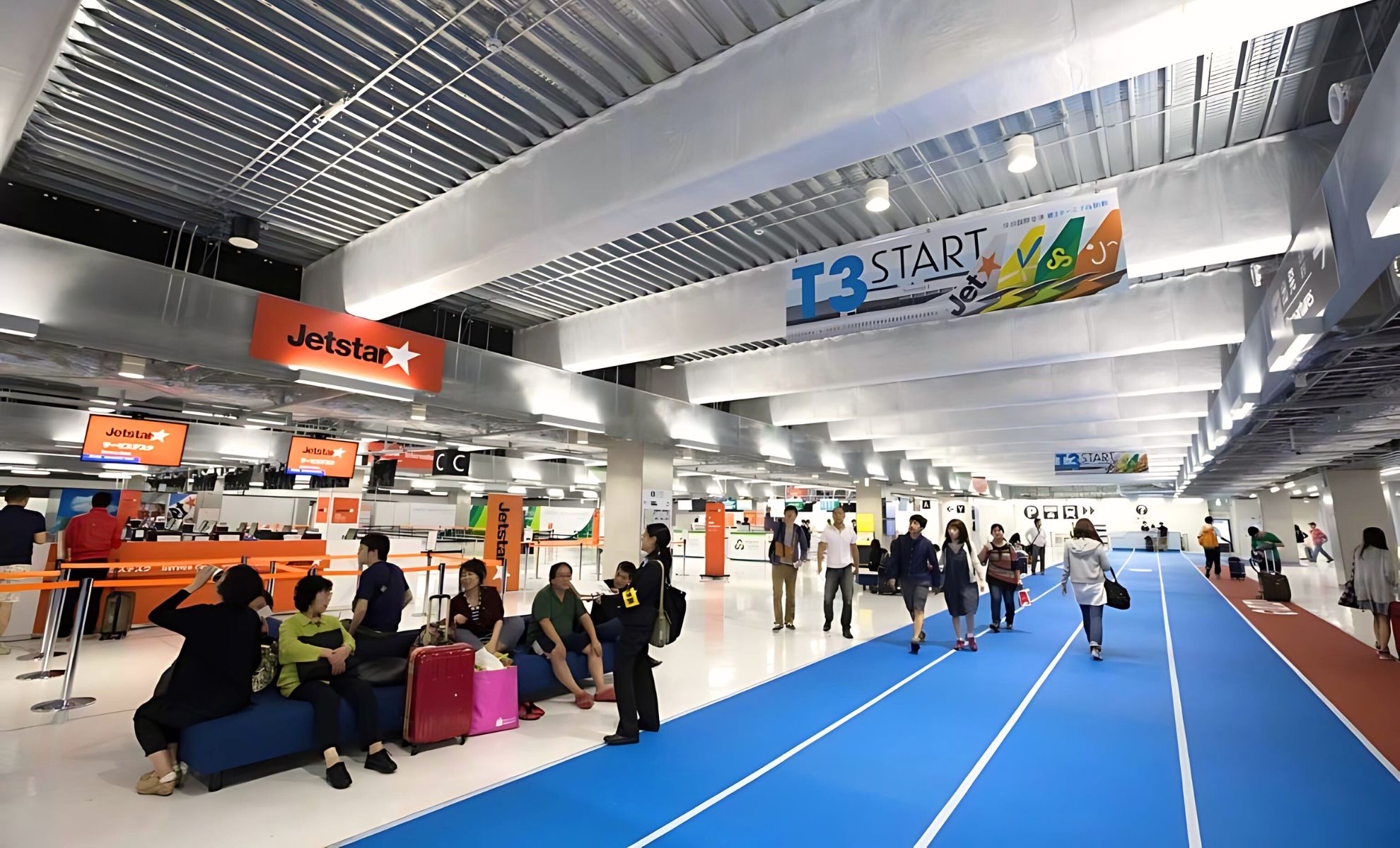Japan is set to introduce an Electronic Travel Authorization (ETA) system for immigration formalities, even affecting those from visa-exempt countries under waiver agreements. This system, tentatively named ‘JESTA’, is in development and expected to be operational several years from now. It will require citizens from 71 nations to apply for pre-clearance.
JESTA Overview and Implementation Timeline
JESTA is currently in the planning stages, with the Japanese government aiming to allocate research funds in the 2025 budget. Although the system is expected to be operational by 2030, there is speculation that it could be implemented sooner, depending on various factors. Once launched, JESTA will apply to citizens from 71 visa-exempt countries, who will need to obtain authorization before traveling to Japan.
Countries Implementing ETA Systems
Japan’s move follows the lead of several other nations that have already implemented similar systems, including:
- Australia
- Canada
- New Zealand
- South Korea
- United States
- United Kingdom (scheduled)
- European Union (scheduled)
These systems typically involve a small processing fee, with the authorization valid for 1 to 5 years or until the passport expires.
Reasons Behind the Implementation
The introduction of JESTA is likely driven by multiple factors, including reciprocity with other nations and the need to manage the growing number of international travellers. Japan’s status as a top tourist destination in Asia brings with it security considerations, making pre-clearance a practical measure. Additionally, many countries affected by JESTA already require Japanese travellers to obtain similar authorization.
Countries Affected by JESTA
The 71 visa-exempt countries whose citizens will be impacted by JESTA include:
- Europe: Austria, Belgium, France, Germany, Italy, Spain, United Kingdom, and more.
- Americas: Argentina, Brazil, Canada, Chile, United States, etc.
- Asia and Pacific: Australia, Hong Kong, New Zealand, Singapore, South Korea, Taiwan, etc.
- Others: Israel, Turkey, United Arab Emirates, and others.
Japan’s preparation for JESTA is a significant step in bringing its immigration practices into line with global trends, ensuring that the country remains safe while welcoming the influx of international visitors.
